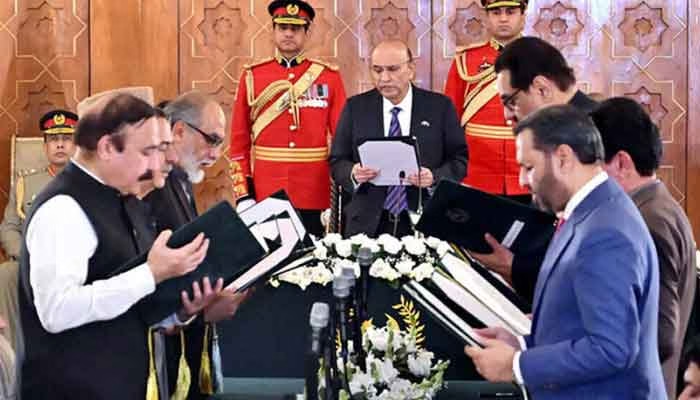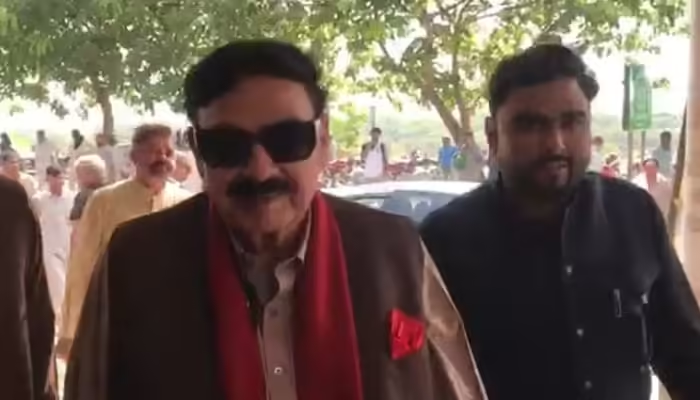In a heartfelt moment, Khawaja Imran Nazir, a prominent leader of the Pakistan Muslim League-Nawaz (PML-N), expressed his earnest prayers for his daughter and wished for a husband possessing qualities akin to the PML-N leader Nawaz Sharif. This sentiment was shared during a media interaction in Lahore, shedding light on the personal aspirations and values within the political leadership.
Khawaja Imran Nazir, who holds a key role within the PML-N, openly conveyed his desire for a son-in-law who mirrors the qualities of Nawaz Sharif, the party’s leader. He specifically mentioned his wish for a spouse for his daughter and invoked a prayer, hoping that Allah bestows upon her a husband reminiscent of Nawaz Sharif.
The sentiment expressed by Khawaja Imran Nazir underscores the deep admiration and respect that exists not only for Nawaz Sharif’s political leadership but also for the personal attributes that are perceived as admirable and desirable. The wish for a son-in-law with qualities similar to Nawaz Sharif suggests a desire for integrity, leadership, and a commitment to public service.
Moreover, during the media engagement, Khawaja Imran Nazir took the opportunity to critique political rivals. He commented on the approach of Imran Khan, the Prime Minister, alleging that despite promises of creating millions of jobs and providing housing, such commitments remained unfulfilled. Khawaja Imran Nazir argued against labeling others as thieves and emphasized the need for leadership that refrains from such accusations.
The remark also touched upon the broader political discourse, pointing out that leadership should not aspire to be the biggest thief by branding others as thieves. This indirect reference to Prime Minister Imran Khan’s rhetoric adds a layer of political commentary to Khawaja Imran Nazir’s statement.
In essence, this episode not only offers a glimpse into the personal aspirations of a PML-N leader for his daughter but also highlights the nuanced intersections between personal values and political leadership. The expressed desire for qualities resembling Nawaz Sharif in a son-in-law amplifies the influence of political figures beyond the public sphere, shaping personal expectations and aspirations within the political community.



